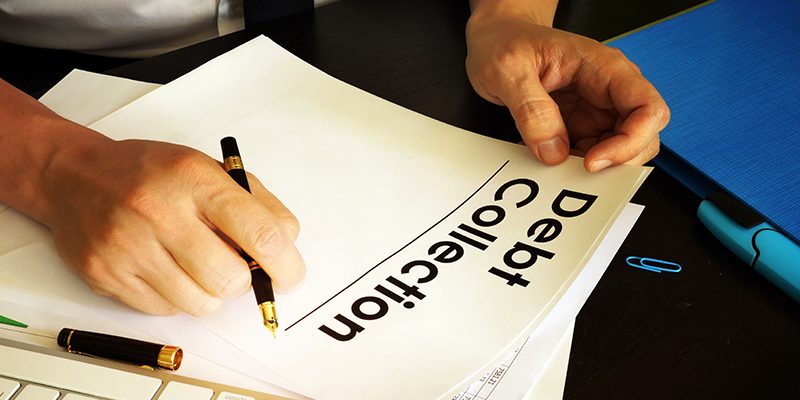How to collect a debt (and how not to collect a debt)
You have probably heard of the Government’s “robo-debt” situation as it played out in the media over the past year. Problems surfaced when the Government began to fully automate its debt collection processes for Centrelink customers.
A computerised data-matching program determined where there may have been an overpayment of welfare benefits to an individual – a situation which has affected some 200,000 individuals to date.
But rather than using human intervention to analyse the data and verify whether or not overpayments had been made and monies were owed back, the Government agency’s computers were issuing collection letters, often demanding payments of thousands of dollars to be made within timeframes as short as mere weeks.
Aside from the issues of veracity over whether debts were in fact owed, there was an outcry about the “inhumane” manner in which the drastic debt collection procedure had been implemented.
In June this year, a Senate inquiry was undertaken to address the criticisms of the robo-debt fallout, and findings were then released indicating that the Government “should suspend methods of debt recovery that relied on matching and averaging income records held by Centrelink and the Tax Office”, according to The Canberra Times. However, the Government has reacted with defiance, digging in its heels and responding that it will actually be “redoubling” and “ramping up” its automated debt recovery efforts.
So what can small businesses take away from the whole robo-debt situation? First and foremost, it’s vital not to go about your debt collection in a rash, overly aggressive or even illegal manner. After all, there are laws in place regarding how you may go about debt collection. Ultimately, the best way to collect on business debt is to have an established, functioning procedure in place which allows no room for surprises and avoids all the awkwardness and stress that inappropriate debt collection can cause. Here are our three top tips for hassle-free debt collection:
- Keep it nice
Never allow debt collection to descend into nastiness and ill-will. Use the law to recover funds, and don’t take debt collection personally. Remain professional and if you are unsure whether you can maintain the necessary objectivity, consider outsourcing your debt collection to a professional agency, whose staff are fully aware of the laws and the most effective methods of achieving compliance.
- Be scrupulous about keeping records
Another critically important element is to ensure your accounts are kept in order. All stages of your debt collection process should be evidenced (copies of quotes, signed terms of trade, contracts and agreements, invoices, copies of overdue payment reminders, any email correspondence between you and the client regarding payment, etc). If court proceedings are ever required, it’s important to be able to prove you made every effort to recover monies before taking legal action. Also note any times and dates of phone calls made—this is also very important given the stringent legality of how you may approach debtors (for example, you can not call them multiple times a day).
- Follow a tried and true process
As well as feeling much more in control of things, having a set way of handling your recovery process will ensure you are consistent at all times, your recovery behaviours are determined by a defined plan of action, and no important step is accidentally overlooked. You will also appear to be organised about your debt collection, which can cause clients to realise that you take your accounts payments and debt collection seriously.
An example of a system which may work for you could be:
- Invoice is emailed
- Gentle email reminder before due date
- Immediate overdue notice on the very day an account falls overdue
- 7 day overdue reminder asking for immediate payment
- 14 days overdue reminder
- 30 day overdue reminder and reminder of liability of debt collection fees if incurred
- 60-90 day overdue reminder
- Letter of Demand
- Taking legal action if commercially worthwhile
Reminders can usually be easily automated with accounting software. If you are having no luck with reminders, you may wish to engage a debt collection agency to pursue the matter further, so that you don’t waste too much time, and given most agencies offer a ‘no recovery, no fee’ service, it may make good financial sense too.
Whatever you do, don’t suddenly start sending letters of demand without working through the appropriate debt recovery steps. Apart from causing ill will and consternation amongst your customers (many of whom you would no doubt want to extend future business to, once their accounts are up to date) it’s also unlikely to produce results. Instead, follow your established invoicing procedure and call in help from professionals where needed at an appropriate time, and things should run much more smoothly.
Marshall Freeman is Australia’s leading professional debt collection agency. With over 15 years’ experience and 20,000+ clients across Australia, our business depends on successful collection. So if you need assistance with slow payers, please feel free to get in touch for a Free appraisal of your debt today!

